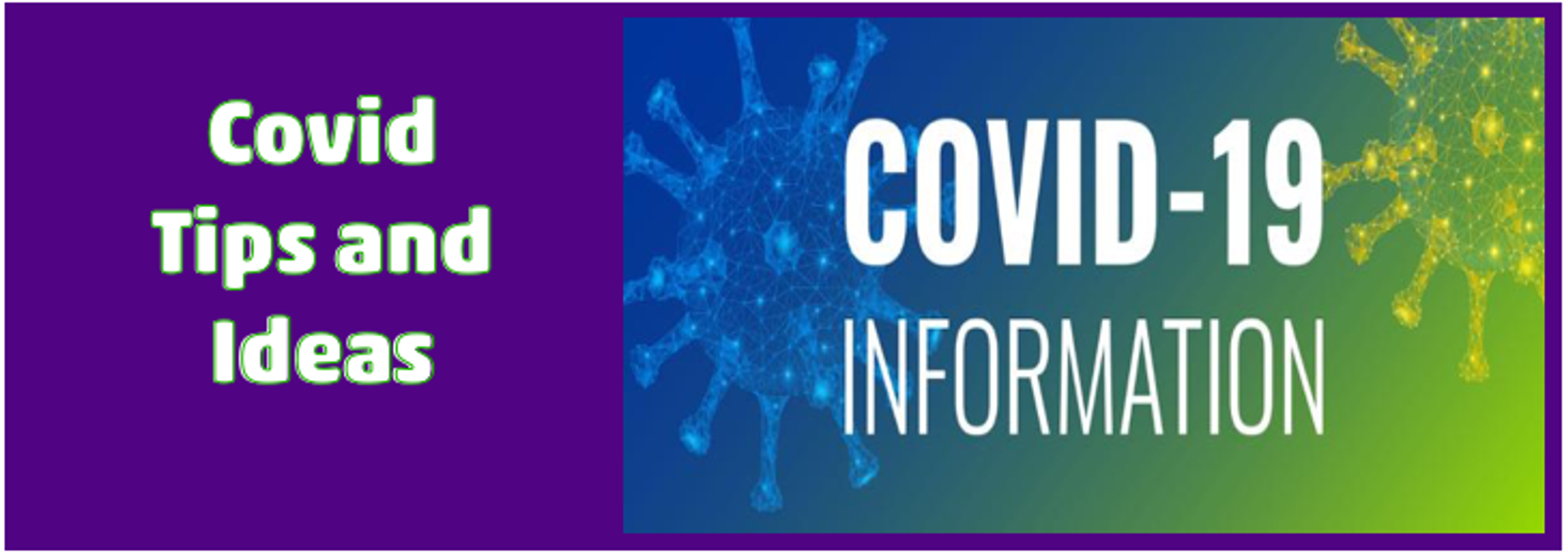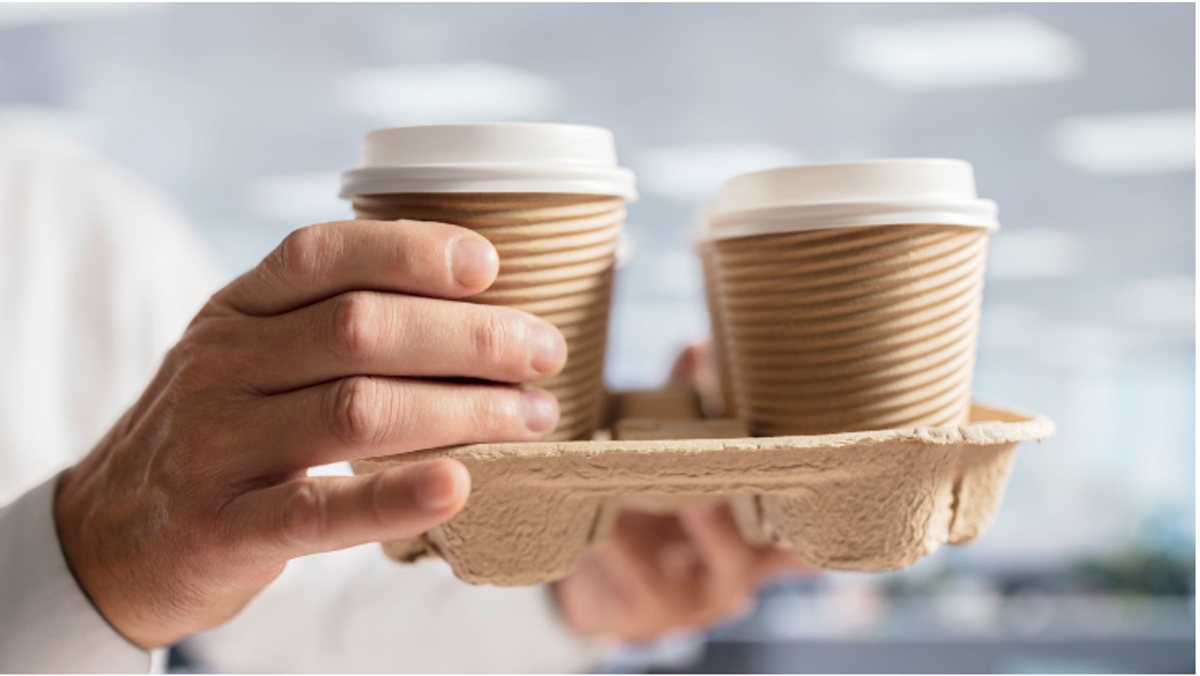The Good, the Bad, and the Just Plain Weird of How Coffee Affects Your Psychology:
Few of us think of sipping our morning cup of coffee as taking a drug, but try to quit caffeine, as author Michael Pollan did while researching his book This Is Your Mind on Plants, and you'll soon discover how much your coffee habit affects you.
At the coffee shop, instead of my usual 'half-caff,' I ordered a cup of mint tea. And on this morning, that lovely dispersal of the mental fog that the first hit of caffeine ushers into consciousness never arrived," Pollan wrote of his experiment in giving up caffeine. "The fog settled over me and would not budge. It's not that I felt terrible--I never got a serious headache--but all day long I felt a certain muzziness, as if a veil had descended in the space between me and reality, a kind of filter that absorbed certain wavelengths of light and sound."
As much as we hide from the fact, caffeine is a powerful drug. And one that affects us in more ways than just perking us up a bit when we're sleepy. A stack of recent studies reveals all the good, bad, and downright strange ways caffeine impacts our mental state.
The good
I am going to surprise absolutely no one when I reveal that coffee works for its intended purpose -- research confirms your morning brew does indeed make you sharper and more attentive.
Caffeine "increases alertness and improves focus and problem-solving," reports the British Psychological Society Research Digest blog. "And if you're someone who 'uses' caffeinated drinks, such as coffee, to help you to feel more alert for an exam, there is some evidence that it will help. A study specifically on university students found that caffeine led to a 'striking improvement' on memory tests taken in the early morning.
"In addition, recent studies show coffee makes your brain quicker to spot and track moving objects, which means it can help you avoid obstacles and mishaps. I am also happy to report that a whole bunch of studies suggest drinking as many as five cups a coffee a day won't harm your health.
The bad
How about coffee's downsides? We all know that drinking coffee later in the day can mess with your sleep, and those with a serious coffee habit have probably discovered the hard way that abruptly cutting caffeine can lead to headaches. But coffee has other downsides besides the well-known ones of insomnia and withdrawal.
Coffee is a stimulant, which is just what you want when you're bleary-eyed and cotton- brained in the morning. But sometimes giving your brain a jolt is the exact opposite of what you need. Introverts who tend to get stressed in social settings like meetings and presentations should avoid caffeine before these events, according to psychologists. The result won't be sharpness and energy, it will be anxiety and poorer performance.
It's also worth noting that while caffeine can make you more alert, studies suggest it does nothing to make you more creative. Revving your brain with caffeine may even prevent you from achieving the relaxed, open state that's most conducive to fresh ideas.
Similarly, while caffeine can help you focus after a bad night's sleep, new science shows it does nothing to help with what scientists call "place keeping," or remembering where you are in a long series of tasks. That means you shouldn't rely on espresso to make up for a late night if you're performing surgery, running complex machinery, or tackling other high-stakes, multistep tasks. Caffeine isn't a cure-all for sleep deprivation.
The weird
While it's useful to know science confirms our intuitions that coffee makes us both more attentive and more jittery, that's hardly the shock of the century. Some findings about the effects of caffeine are totally unexpected though. For research published earlier this year, scientists gave shoppers a free shot of either regular or decaf espresso and observed what they bought. Coffee, it turns out, is bad for your budget.
Shoppers who consumed caffeine bought more items, spent more overall, and also purchased more nonessentials. Caffeine makes it easier to open your wallet, the researchers concluded, so if you're keen on sticking to a budget, maybe don't hit the Starbucks drive-thru before you hit the shops.
Taken together, the recent science on coffee doesn't suggest anything terrible that should make you feel bad about consuming your beloved brew. But nothing is all upside, caffeine included. If you're a serious coffee drinker, you need to be aware of what it can and can't do for you, so you can avoid its pitfalls and enjoy its lovely, brain-boosting deliciousness.


